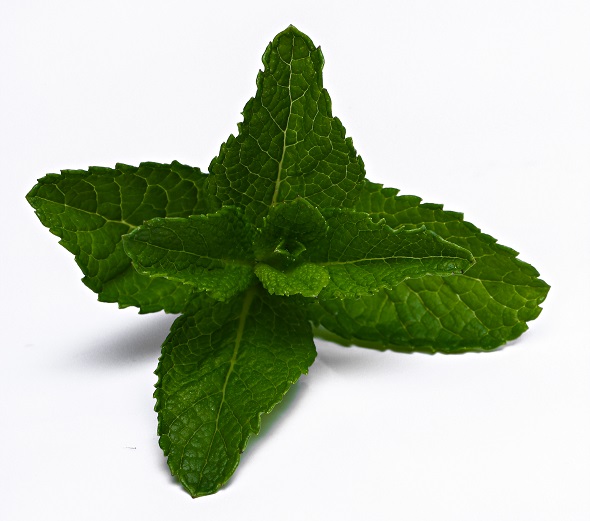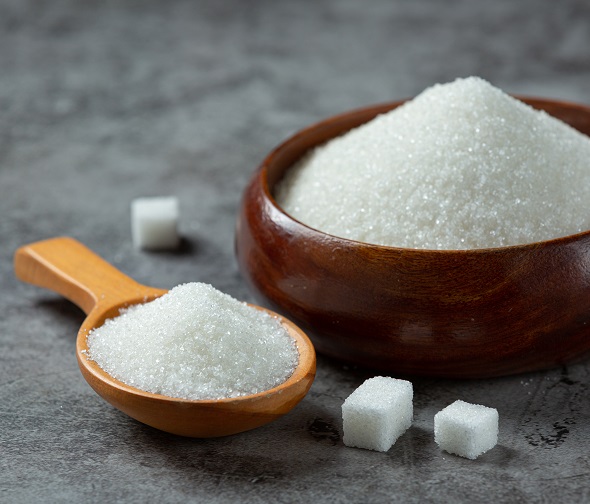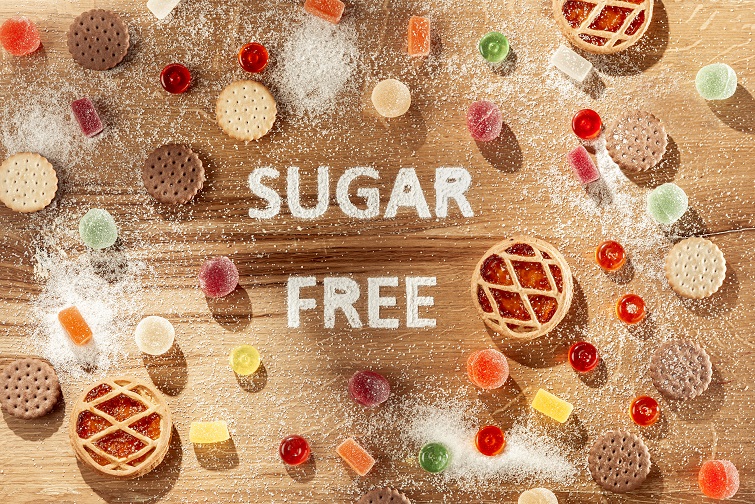In today's health-conscious world, finding the right sweetener for your diet can be a daunting task. Two of the most popular options are stevia and sugar. Stevia, a natural sweetener derived from the leaves of the stevia plant, has gained significant popularity in recent years due to its low-calorie and non-glycemic properties.
On the other hand, sugar, a carbohydrate found in various foods, has been a staple in diets for centuries but is now increasingly being scrutinized for its potential health risks. In this article, we'll explore the differences between stevia and sugar, focusing on their nutritional values, health benefits, and applications.

Nutritional Values
Stevia
Stevia is a natural sweetener that is 200 to 300 times sweeter than sugar, yet it contains no calories, carbohydrates, or glycemic index. This means that stevia does not affect blood sugar levels, making it an ideal sweetener for diabetics and individuals on low-carb diets.
In addition to its sweetening properties, stevia also contains a range of nutrients such as protein, calcium, phosphorus, sodium, magnesium, zinc, rutin, vitamin A, and vitamin C. However, it's important to note that these nutrients are present in very small amounts and are not a significant source of nutrition.


Sugar
Sugar, on the other hand, is a carbohydrate that is quickly absorbed by the body, providing a quick burst of energy. One teaspoon of sugar contains around 16 calories and 4 grams of carbohydrates. However, a diet high in processed sugar has been linked to various health issues such as obesity, diabetes, and heart disease. Sugar is also high on the glycemic index, which means it can cause a spike in blood sugar levels, leading to insulin resistance over time.
Health Benefits
Stevia
Weight Loss: Stevia's zero-calorie nature makes it an excellent choice for individuals trying to lose weight. By replacing sugar with stevia, you can significantly reduce your caloric intake without compromising on sweetness.
Blood Sugar Control: Stevia's non-glycemic properties make it an ideal sweetener for diabetics and individuals with blood sugar concerns. It does not cause spikes in blood sugar levels, making it a safer alternative to sugar.
Dental Health: Unlike sugar, stevia does not promote tooth decay. In fact, some studies suggest that stevia may have antibacterial properties that can help protect against oral infections.
Blood Pressure: Some research suggests that stevia may help lower blood pressure, though more studies are needed to confirm this benefit.

Suagr
While sugar provides a quick source of energy, its health benefits are limited. In excess, sugar can lead to a range of health issues, including:
Obesity: Sugar is high in calories and can contribute to weight gain when consumed in excess.
Diabetes: A diet high in sugar can increase the risk of developing type 2 diabetes.
Heart Disease: Consuming too much sugar can lead to high blood pressure, high cholesterol, and inflammation, all of which increase the risk of heart disease.
Applications
Stevia
Stevia is a versatile sweetener that can be used in a wide range of foods and beverages. It can be added to tea, coffee, cereals, yogurt, baked goods, and even savory dishes to add sweetness without adding calories. Stevia is also available in various forms, including powders, liquid drops, and tablets, making it easy to incorporate into your diet.
Suagr
Sugar is a ubiquitous ingredient in many processed foods and beverages, including soda, candy, baked goods, and even some savory dishes. While sugar can add sweetness and flavor to foods, its high caloric content and potential health risks make it important to limit your intake.
Related Recommendation
All images in this article are sourced from: GL Stevia, FREEPIK